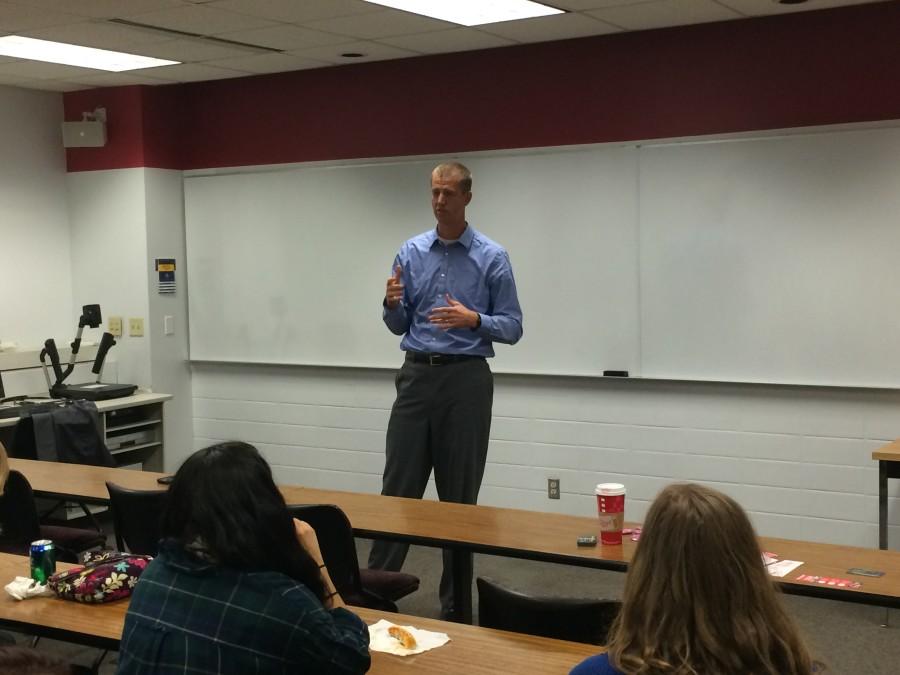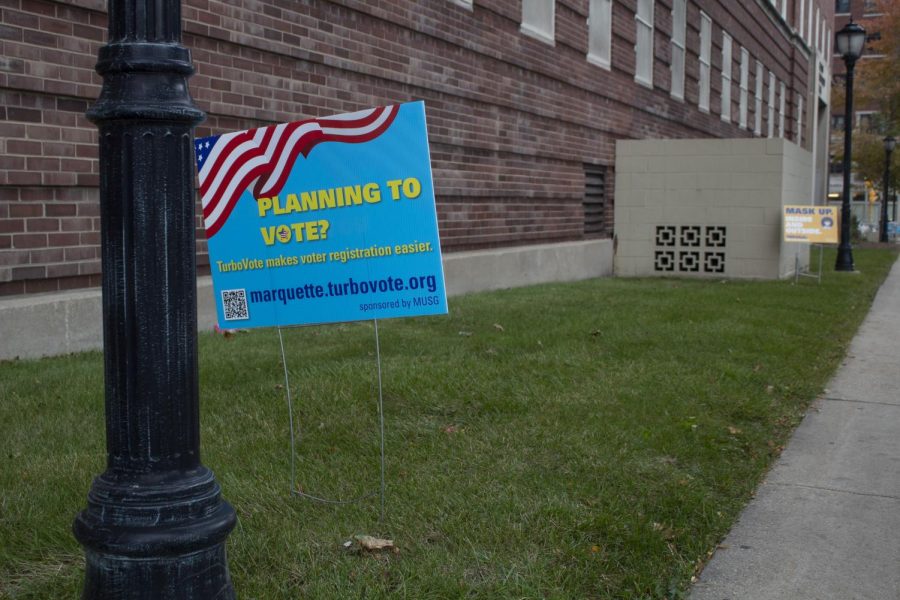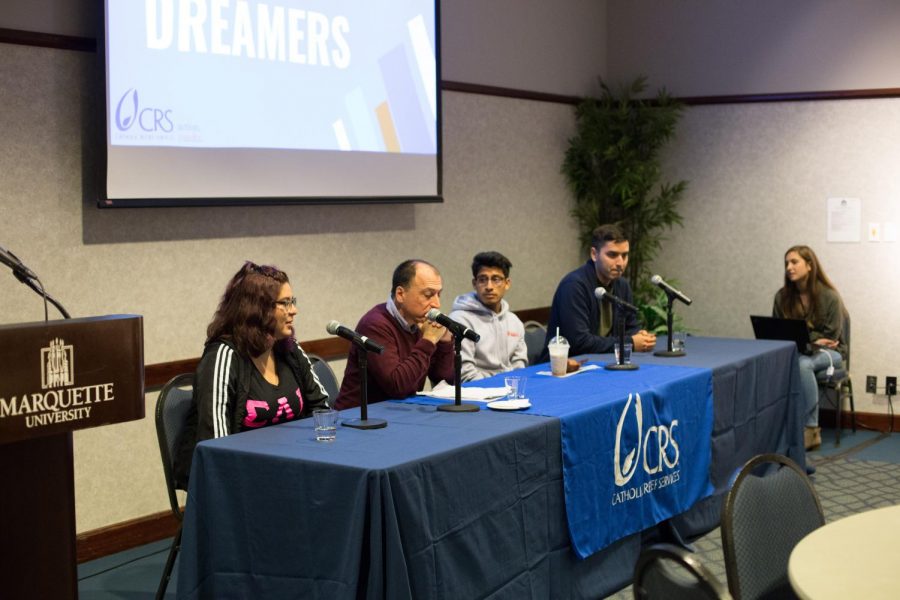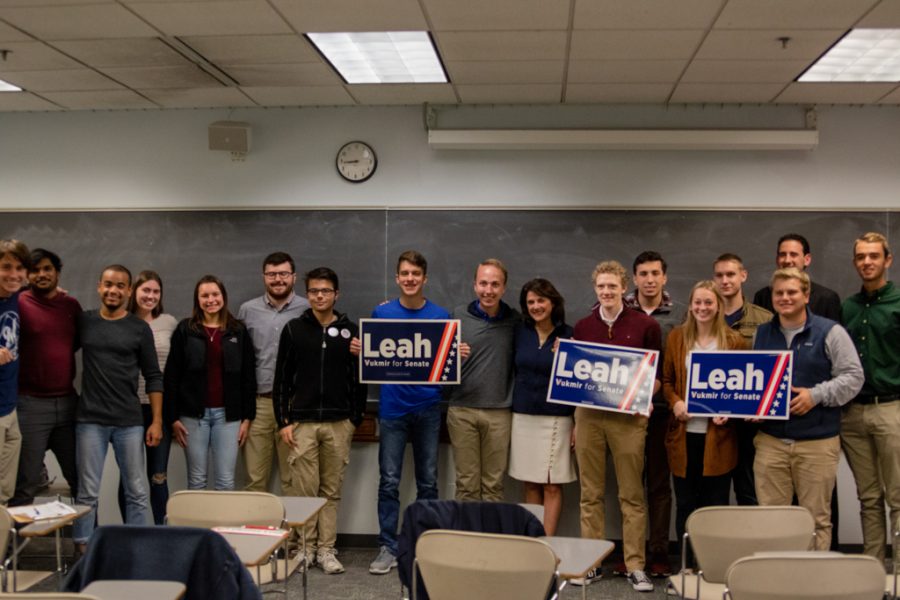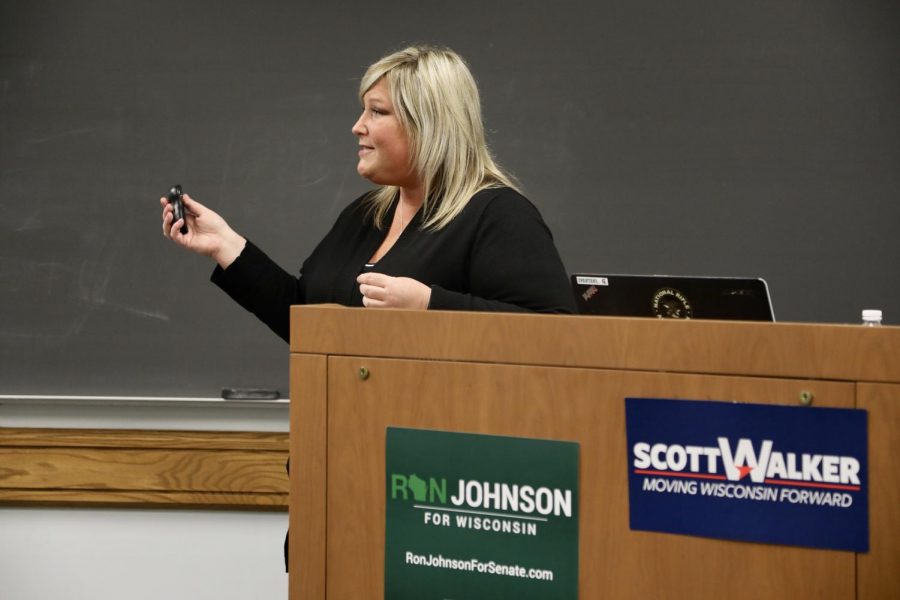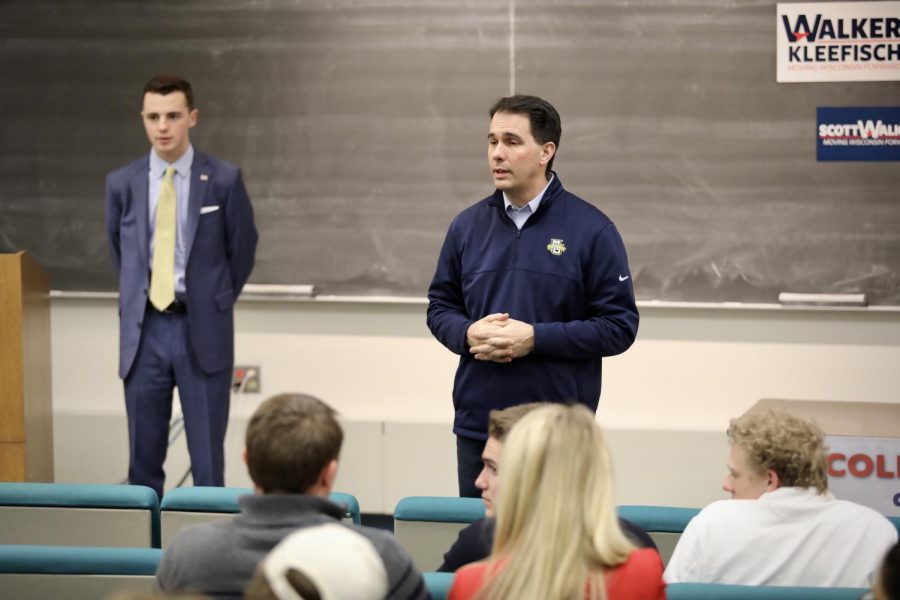A federal judge overturned two portions of Wisconsin Act 10 last Friday, earning a partial victory for the opponents of the controversial law, which ended collective bargaining for Wisconsin unions.
The two sections struck down would have banned public workers from allowing union dues to be taken out of paychecks and simultaneously required annual recertification votes that needed all members of the union to agree to stay organized. The remainder of the law, however, has been upheld.
Seven major unions, including the AFL-CIO and the American Federation of Teachers, brought a lawsuit against the law — ushered through the legislature with the backing of Wisconsin Gov. Scott Walker — last summer after the Wisconsin legislature passed the bill.
The unions argued that the law violated the equal protection clause of the constitution because it took away collective bargaining rights from most public workers in Wisconsin, exempting police and firefighters only.
It was this exemption that led U.S. District Judge William M. Conley to overturn those two sections of the act, as the law was not being applied evenly across all Wisconsin unions. Conley ordered that the “automatic dues withdrawal” be reinstated by the end of May.
Patrick Garrett, chair of Marquette’s College Republicans and a sophomore in the College of Arts & Sciences, said this doesn’t necessarily mean the end of the law.
“It is important to remember that this one judge will not be the last one to speak on the matter,” Garrett said. “It is unfortunate that people who work hard for their money are going to be forced to give a portion back in union dues even if they prefer not to associate with a union. I believe that those dues should be voluntary.”
The passing of the law in early 2011 caused an uproar across the state and resulted in the collection of almost a million signatures advocating for Walker’s recall. In the face of a recall election, Walker will now likely have to defend the parts of the law being overturned.
Andy Suchorski, chair of the College Democrats of Wisconsin and a senior in the College of Arts & Sciences, said the ruling is a step in the right direction for employees in Wisconsin.
“Collective bargaining rights are fundamental worker’s rights, and the elimination of collective bargaining has hurt the quality of K-12 education and higher education in Wisconsin,” Suchorski said. “The ruling will allow public sector unions to continue receiving dues and it will change their certification process, making it easier for workers to join a union and allow the union to more effectively advocate on their behalf.”
Feelings about the ruling have been split along party lines. While many Democrats have applauded the ruling, some Republicans have disagreed.
Mike Tate, chair of the Wisconsin Democratic party, said in a statement that the federal judge made the right decision for Wisconsin workers.
“Scott Walker’s so-called budget repair bill has been divisive, unfair, radical and offensive to the values of Wisconsin,” Tate said. “Now it’s been found to be offensive to the Constitution. Wisconsin deserved better than this bill, just as it deserves better than Scott Walker.”



